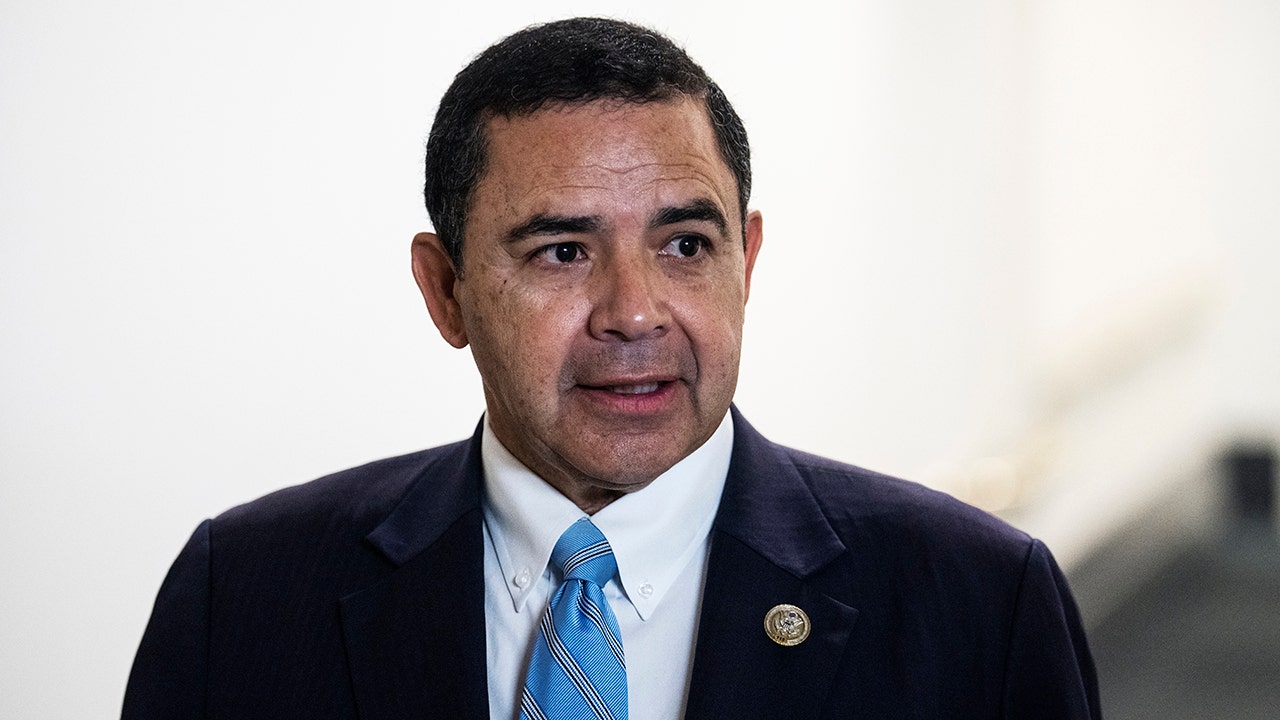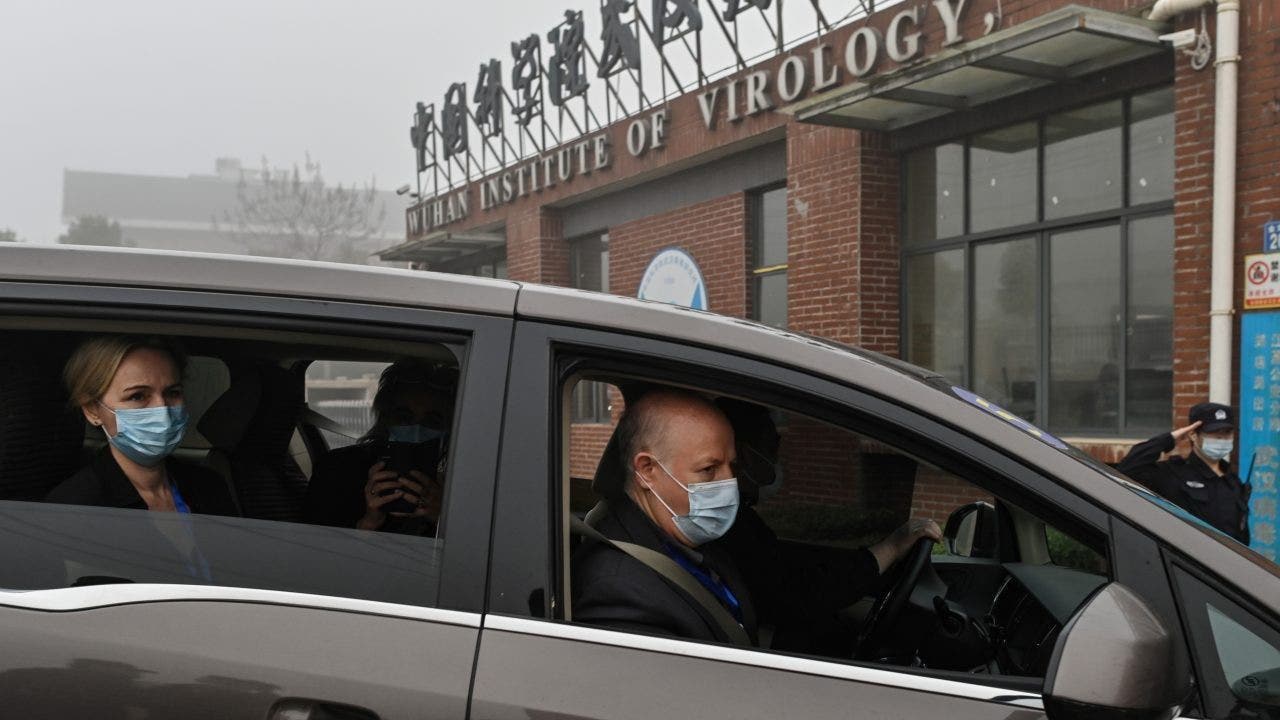Education
Yale’s President Announces He Will Step Down

Peter Salovey, the president of Yale, announced Thursday that he will step down in June after 11 years in office, during which he increased the university’s endowment, student enrollment, and its racial, ethnic and economic diversity.
This month, the university announced that its entering class was one of its largest ever — 22 percent of students were eligible for federal Pell Grants for low-income students, and 21 percent were the first in their families to go to college. A decade ago, the number of first-generation students was 12 percent. This year, Black students made up 14 percent of the class, 18 percent were Latino, 42 percent were white and 30 percent were Asian American.
In Dr. Salovey’s last year as president, elite colleges will confront a new admissions landscape.
After the Supreme Court’s ban on race-conscious admissions, they face the challenge of admitting diverse classes while adhering to the new ruling, as well as the pressure to eliminate legacy admissions, the preferential treatment given to the children of alumni. Yale University has resisted eliminating the preference and about 11 percent of the class of 2027 are legacies.
Dr. Salovey said on Thursday that he had asked the admissions office to develop a plan that will be announced later this year.
“The educational environment we have created at Yale,” he said in an interview, “has benefited enormously from the diversity of our students on virtually every dimension that you can imagine.”
Dr. Salovey’s decision to relinquish the presidency is part of a generational shift in leadership at a number of elite universities. Columbia, New York University, Harvard, Dartmouth, the University of Pennsylvania, and M.I.T. all have new presidents.
During Dr. Salovey’s time as president, Yale’s endowment doubled in size to more than $40 billion. An ongoing fund-raising campaign has collected $5 billion toward a goal of $7 billion.
An amateur bluegrass musician, Dr. Salovey, 65, is a noted professor of psychology and regarded an expert in the study of emotional intelligence. He said he plans to return to teaching and writing full-time.
Josh Bekenstein, the school’s senior trustee, said Thursday that Dr. Salovey had fulfilled a “bold vision” he articulated when he took office — “a more unified Yale, a more accessible Yale, a more innovative Yale.”
Mr. Bekenstein said he would lead a search committee, whose members were identified Thursday, to find a replacement for Dr. Salovey, with plans to reach out to the Yale community for advice. Yale has never had a president of color and its one female president, Hanna Gray, served for only one year in an acting capacity.
When he took the helm of Yale in 2013 as its 23rd president, Dr. Salovey very much fit the central-casting model of an Ivy League president, having been part of the university for more than 30 years, first as a graduate student, then a department head, dean of Yale College and provost.
Upon taking over, he vowed to increase the school’s accessibility. And in an interview Thursday, he identified that as among his major accomplishments
“We’ve doubled the number of students who are the first in their families to go to college,” Dr. Salovey said, noting that was accomplished partly by expanding Yale’s size by building two new residential colleges, increasing the college’s overall undergraduate enrollment by about 20 percent.
During his tenure, the college also increased financial aid so that parents making $75,000 or less would be required to make no contribution to their children’s undergraduate education. And Yale increased financial aid in other programs. Its Geffen School of Drama, for example, known for producing noted actors including Meryl Streep and Angela Bassett, is now tuition free.
While steering the university through the Covid pandemic, he also expanded a number of its graduate programs, notably in science and engineering.
Like many universities over the past 10 years, Yale has faced a number of questions involving race during Dr. Salovey’s tenure.
Under his leadership, Yale first resisted, then ultimately acceded, to demands to rename Calhoun College, a residential college named for John C. Calhoun, an 1804 graduate and former U.S. vice president who defended slavery.
Because of the debate, Yale developed guidelines — now widely used — for determining how to address the problematic legacies of historical figures. And like many other universities, Yale has been scrutinizing its historical associations with slavery and the slave trade.
In 2020, Yale fought a lawsuit by the Justice Department under the Trump administration that accused it of discriminating against Asian American and white students. The lawsuit was dropped after Mr. Trump left office.
As far as goals for his final year, Dr. Salovey said, “I think this would be a good year for us to beat Harvard in our final football game. I’d like to go out on a win.”

Education
Video: President Biden Addresses Campus Protests

new video loaded: President Biden Addresses Campus Protests
transcript
transcript
President Biden Addresses Campus Protests
President Biden defended the right of demonstrators to protest peacefully, but condemned the “chaos” that has prevailed at many colleges nationwide.
-
Violent protest is not protected. Peaceful protest is. It’s against the law when violence occurs. Destroying property is not a peaceful protest. It’s against the law. Vandalism, trespassing, breaking windows, shutting down campuses, forcing the cancellation of classes and graduations — none of this is a peaceful protest. Threatening people, intimidating people, instilling fear in people is not peaceful protest. It’s against the law. Dissent is essential to democracy, but dissent must never lead to disorder or to denying the rights of others, so students can finish the semester and their college education. There’s the right to protest, but not the right to cause chaos. People have the right to get an education, the right to get a degree, the right to walk across the campus safely without fear of being attacked. But let’s be clear about this as well. There should be no place on any campus — no place in America — for antisemitism or threats of violence against Jewish students. There is no place for hate speech or violence of any kind, whether it’s antisemitism, Islamophobia or discrimination against Arab Americans or Palestinian Americans. It’s simply wrong. There’s no place for racism in America.
Recent episodes in Politics
Education
Where Protesters on U.S. Campuses Have Been Arrested or Detained

Police officers and university administrators have clashed with pro-Palestinian protesters on a growing number of college campuses in recent weeks, arresting students, removing encampments and threatening academic consequences. More than 2,000 people have been arrested or detained on campuses across the country.
Ala.
Alaska Ariz.
Ark.
Calif.
Colo.
Del. Fla.
Ga.
Hawaii
Idaho
Ill. Ind.
Iowa
Kan.
Ky.
La. Maine
Md.
Mass.
Mich.
Minn. Miss.
Mo.
Mont.
Neb.
Nev. N.H.
N.J.
N.M.
N.Y.
N.C. N.D.
Ohio
Okla.
Ore.
Pa. S.C.
S.D.
Tenn.
Texas
Utah Vt.
Va.
Wash.
W.Va.
Wis. Wyo.
Ala. Alaska
Ariz.
Ark.
Calif.
Colo. Del.
Fla.
Ga.
Hawaii
Idaho Ill.
Ind.
Iowa
Kan.
Ky. La.
Maine
Md.
Mass.
Mich. Minn.
Miss.
Mo.
Mont.
Neb. Nev.
N.H.
N.J.
N.M.
N.Y. N.C.
N.D.
Ohio
Okla.
Ore. Pa.
S.C.
S.D.
Tenn.
Texas Utah
Vt.
Va.
Wash.
W.Va. Wis.
Wyo.
Campus protests where arrests and detainments have taken place since April 18
The fresh wave of student activism against the war in Gaza was sparked by the arrests of at least 108 protesters at Columbia University on April 18, after administrators appeared before Congress and promised a crackdown. Since then, tensions between protesters, universities and the police have risen, prompting law enforcement to take action in some of America’s largest cities.
Arizona State University
Tempe, Ariz.
72
Cal Poly Humboldt
Arcata, Calif.
60
Case Western Reserve University
Cleveland, Ohio
20
City College of New York
New York, N.Y.
173
Columbia University
New York, N.Y.
217
Dartmouth College
Hanover, N.H.
90
Emerson College
Boston, Mass.
118
Emory University
Atlanta, Ga.
28
Florida State University
Tallahassee, Fla.
5
Fordham University
New York, N.Y.
15
Education
Video: Johnson Condemns Pro-Palestinian Protests at Columbia University

new video loaded: Johnson Condemns Pro-Palestinian Protests at Columbia University
transcript
transcript
Johnson Condemns Pro-Palestinian Protests at Columbia University
House Speaker Mike Johnson delivered brief remarks at Columbia University on Wednesday, demanding White House action and invoking the possibility of bringing in the National Guard to quell the pro-Palestinian protests. Students interrupted his speech with jeers.
-
“A growing number of students have chanted in support of terrorists. They have chased down Jewish students. They have mocked them and reviled them. They have shouted racial epithets. They have screamed at those who bear the Star of David.” [Crowd chanting] “We can’t hear you.” [clapping] We can’t hear you.” “Enjoy your free speech. My message to the students inside the encampment is get — go back to class and stop the nonsense. My intention is to call President Biden after we leave here and share with him what we have seen with our own two eyes and demand that he take action. There is executive authority that would be appropriate. If this is not contained quickly, and if these threats and intimidation are not stopped, there is an appropriate time for the National Guard. We have to bring order to these campuses. We cannot allow this to happen around the country.”
Recent episodes in U.S. & Politics
-

 News1 week ago
News1 week agoLarry Webb’s deathbed confession solves 2000 cold case murder of Susan and Natasha Carter, 10, whose remains were found hours after he died
-

 World1 week ago
World1 week agoHaiti Prime Minister Ariel Henry resigns, transitional council takes power
-

 News1 week ago
News1 week agoFirst cargo ship passes through new channel since Baltimore bridge collapse
-

 World1 week ago
World1 week agoSpanish PM Pedro Sanchez suspends public duties to 'reflect'
-

 World1 week ago
World1 week agoUS secretly sent long-range ATACMS weapons to Ukraine
-

 Movie Reviews1 week ago
Movie Reviews1 week agoHumane (2024) – Movie Review
-

 News1 week ago
News1 week agoAmerican Airlines passenger alleges discrimination over use of first-class restroom
-

 Education1 week ago
Education1 week agoVideo: Johnson Condemns Pro-Palestinian Protests at Columbia University













